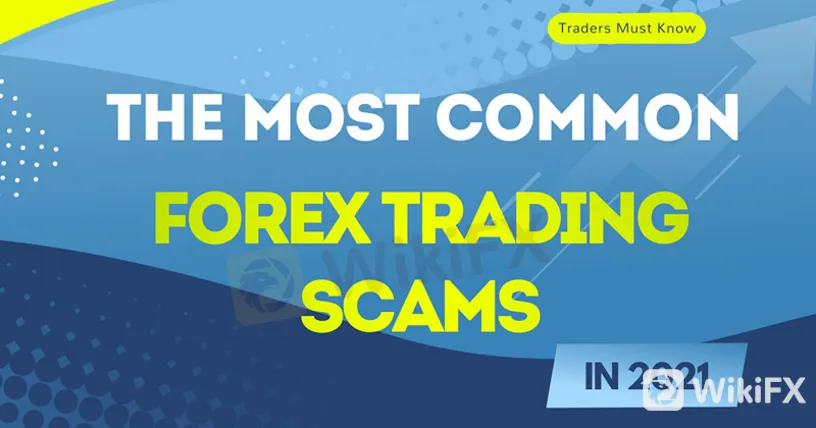| freeamfva | |
| freeamfvaのブログ | |
| 年代 | 30代後半 |
|---|---|
| 性別 | 女性 |
ブログライター
ブログ
| TITLE. How to avoid forex scams |
DATE. 2022年08月31日 17:38:25 |
THEME. 未分類 |
|
How to avoid forex scams Forex scams tend to lure traders in with the promise of high returns on their investment with little to no risk.To get more news about Forex Scams, you can visit wikifx.com official website.
From adverts on social media to setting up fake websites, fraudsters use lots of tactics to trick investors into handing over their money.Here, we look at some of the most common forex trading scams and how to spot them. We’ve rounded up six common forex scams to watch out for.
Signal seller scams Signal seller scams are when companies charge investors without giving them any advice, or give some trade details and then disappear. They usually promise that their data will guarantee successful trades and high profits.
Forex robot scams Some criminals sell untested or fake software that makes trades at random and could cause investors to lose money. Always do as much research as possible, to give yourself the best chance of avoiding a robot scam.
Forex broker scams Fraudsters will often use the name and registration number of an authorised forex broker. You should always check the FCA register and use only the contact details listed there. It is common for scammers to give reasons why these numbers are wrong such as being out of date.Some scammers also set up identical websites to trick investors into paying them.
Forex pyramid scheme Members of these schemes are charged a subscription fee and encouraged to recruit more people to join so that they can earn a commission.In this scam, money is generated from membership fees rather than actual profits from forex trading. It is called a pyramid scheme because as new recruits join, you move higher up the pyramid and ‘earn’ more money. When no more members can be recruited or membership starts to drop, the leaders usually close the scheme and take all of the money.
Managed forex account scams Managed forex account scams are when fraudsters pretend to offer expert forex trading services but steal investors’ money instead. It's really important to research any financial service or platform before investing your money. Always check the FCA register to see if they are authorised to avoid being caught out.
Forex Ponzi scheme They usually only ask for a small investment upfront and pay initial investors the promised returns to give the impression that the scheme is successful.These investors are then encouraged to get their friends and family to invest in the scheme.Once enough people have paid into the scheme, the scammers vanish with the money and leave investors with nothing.
Tips for identifying forex scams
Unsolicited offers: If you’re contacted out of the blue about a forex investment opportunity, it’s likely to be a scam. Never give away your personal information or transfer money to the firm if they do. |
||
| TAG. Forex Scams | ||

















コメント
コメント:0件
コメントはまだありません